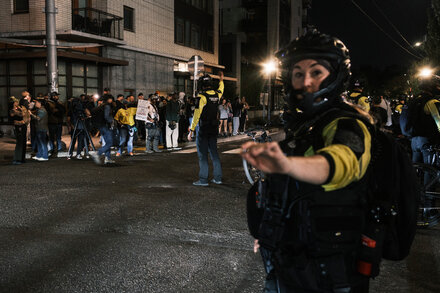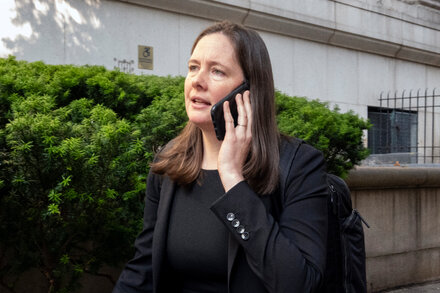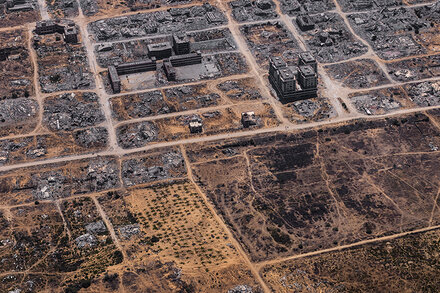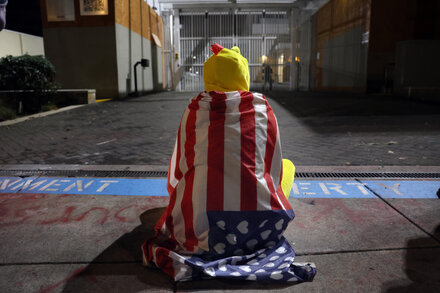The Pentagon has announced expanded restrictions on reporter access, introducing new protocols that journalists and press freedom advocates contend will further limit the public’s insight into military operations and defense policy. The new measures, detailed in an internal memo circulated among defense officials, include stricter escort requirements, limitations on unsupervised access to certain areas, and an increased emphasis on pre-approved interview requests.
Under the revised policy, all media personnel on Pentagon grounds will require constant escort by a designated Public Affairs Officer (PAO), even in previously accessible common areas. Furthermore, the range of individuals authorized to speak on the record without direct PAO oversight has been narrowed. The Department of Defense states these changes are necessary to enhance security and ensure the accuracy and consistency of information released to the public.
Rationale Behind the Restrictions
A Pentagon spokesperson, who requested not to be named given the sensitive nature of internal policy discussions, indicated the new regulations are a response to what officials perceive as an evolving information landscape and persistent security challenges. “These updated guidelines are designed to streamline communication channels and protect sensitive information, ensuring that our messages are clear, accurate, and aligned with national security priorities,” the spokesperson stated.
“Our commitment to transparency remains unwavering, but it must be balanced with the imperative to safeguard classified intelligence and maintain operational integrity. These measures are not intended to impede legitimate reporting but to enhance the professionalism and security of our engagements with the press.”
The new rules follow a period of increased scrutiny over media interactions, particularly concerning unauthorized disclosures and a perceived need for greater control over narrative during politically charged times. While specific incidents were not cited, the context suggests a move to standardize and potentially centralize media interactions.
Journalist Concerns and Criticism
Journalist organizations and media watchdogs have voiced strong opposition to the expanded restrictions, arguing they represent a significant step backward for transparency and accountability. Critics contend that limiting direct, unchaperoned interactions with defense officials and military personnel will make it harder for reporters to gain a comprehensive understanding of complex issues and report critically.
“These new restrictions create an unnecessary barrier between the public and one of its most vital institutions,” said Sarah Jenkins, President of the Society of Professional Journalists. “Escorted tours and pre-approved soundbites do not substitute for genuine access and independent reporting. This policy risks stifling diverse perspectives and presenting an overly sanitized view of defense matters.”
Concerns have also been raised that the increased control could lead to a ‘chilling effect,’ where officials become less willing to engage candidly with reporters, fearing repercussions for deviating from approved messaging. Media outlets emphasize that independent scrutiny of the Pentagon is crucial for democratic oversight and public trust, especially during periods of international instability and significant military expenditure.
The full implementation of the new policy is expected in the coming weeks, and media organizations are reportedly exploring avenues for dialogue with Pentagon officials to address their concerns.
Source: Read the original article here.





